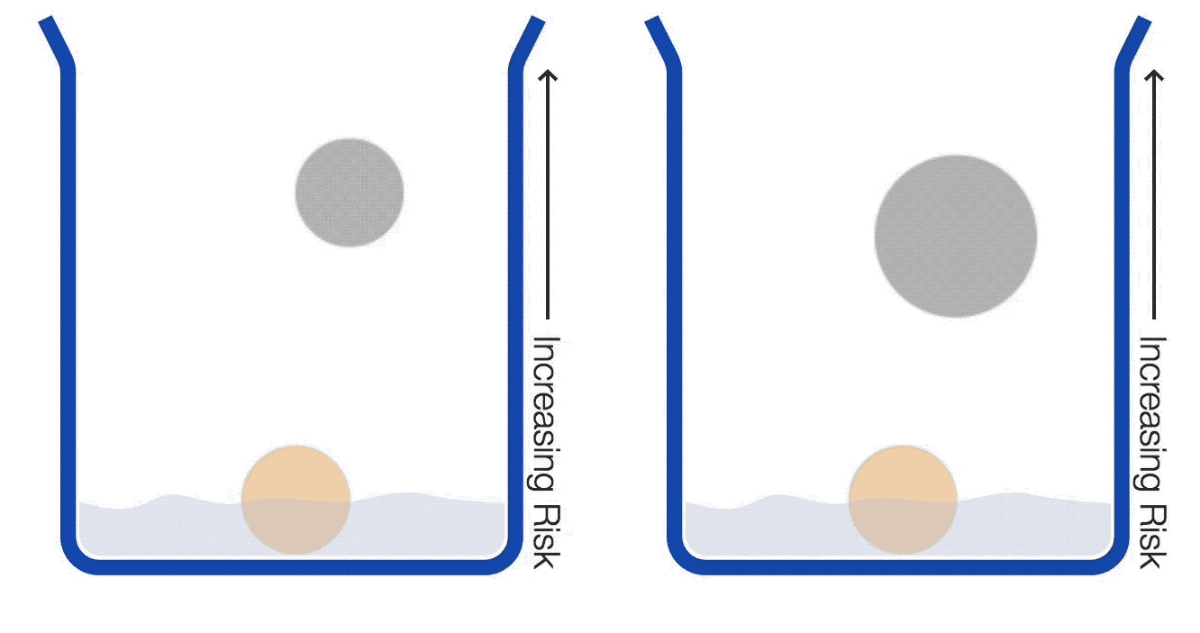Beyond DNA: How do our lifestyles affect our disease risk?

January is typically a month dedicated to self-improvement where we focus on our health and wellness. Many New Year’s resolutions motivate us to develop new habits such as a new diet or exercise routine, but they can also push us to change those old habits that may not be good for us like smoking, binge drinking, or putting off doctors’ appointments. When we make these kinds of changes, the effects may extend well beyond the month of January. This is because a person’s lifestyle can affect their risk of developing diseases like coronary artery disease, age-related macular degeneration, and more.
A person’s lifestyle can affect their risk of developing certain diseases
Mayo Clinic GeneGuide™, an educational tool designed by the experts at Mayo Clinic, can help you explore whether there are aspects of your life that may increase your risk of developing one or more of these diseases. It does this by analyzing your DNA for specific genetic factors associated with health and combining these results with a lifestyle risk assessment tool. This detailed lifestyle risk assessment is a questionnaire that’s designed to help you identify potential aspects of your life that may increase your risk of developing specific diseases.
Many people know that smoking and binge drinking can have negative effects on their health, but there are other lifestyle factors that are important when determining disease risk. One such factor is high blood pressure. High blood pressure puts strain on a person’s heart and blood vessels. Over time, that stress can increase a person’s odds of developing coronary artery disease, atrial fibrillation, age-related macular degeneration, and many other conditions. Fortunately, there are ways to manage high blood pressure and decrease its effect on disease risk by talking with your healthcare provider.

The jars represent a person’s risk of developing a particular disease; a higher water level indicates an increased risk. In this instance, you can see how a person’s sex, high blood pressure, age, cholesterol levels, and genetic factors (rs646776) may all affect the person’s risk of developing coronary artery disease to varying degrees—less in the left image, more in the right. Helpful visuals like this can be found throughout Mayo Clinic GeneGuide.
A similar example can be found with blood cholesterol levels. Cholesterol is not inherently bad—in fact, our bodies need it. But too much cholesterol can lead to high blood pressure, damaged blood vessels, and disease development. Blood cholesterol is just one of many lifestyle risk factors addressed in the Mayo Clinic GeneGuide lifestyle risk assessment questionnaire.
It’s important to remember that there are many factors in your life that can influence whether you develop a disease or not. No test can account for all of these factors, but if you’re looking to invest in your health, Mayo Clinic GeneGuide is a great place to start.